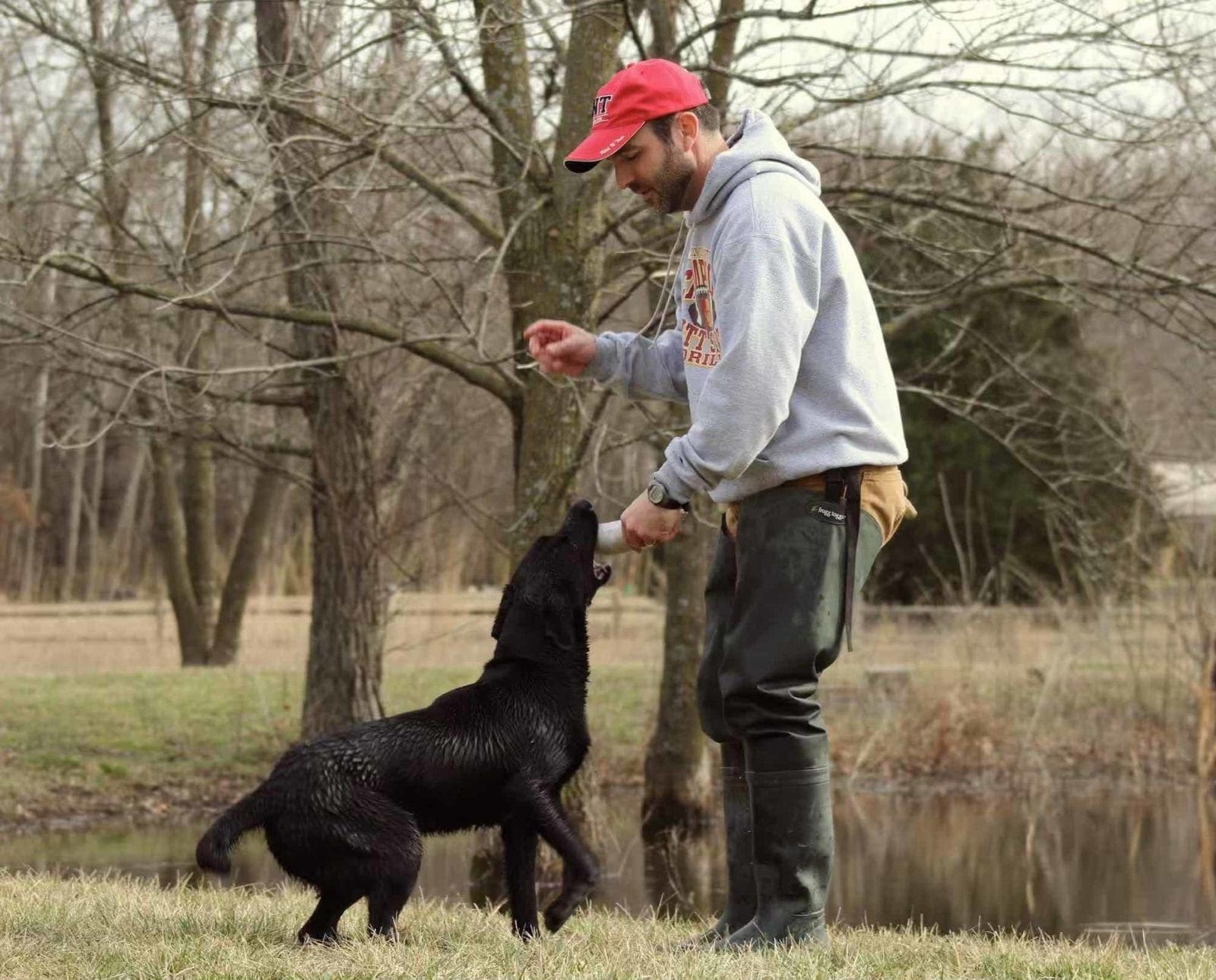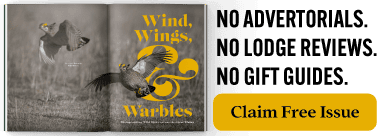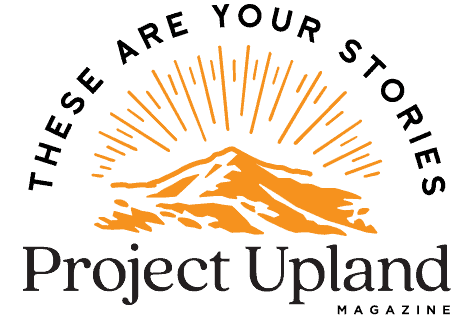Home » Hunting Culture » Preparing for the Next Bird Season
Preparing for the Next Bird Season

Brad Stefanoni grew up hunting quail and waterfowl in southeast…
Off-season tips and planning strategies to make the most of your next hunting season
I have a hunting partner whom I’ve known since we were both teenagers competing against each other on rival high school basketball teams. Neither of us were stars and we frequently taunted each other from opposing benches. Since then we’ve shared more hunts and missed more gimme shots on mallards than I care to recall.
My zestful approach to the year-round hunting lifestyle annoys him. Every year on the day after duck season closes, I call him first thing in the morning to announce, “Next duck season starts today!” And every year he hangs up on me after a few choice words.
SUBSCRIBE to the AUDIO VERSION for FREE: Google | Apple | Spotify
This is the point at which two opposing hunting philosophies collide: one the ultimate optimist (me!) and the other who just wants a little break.
The point of my anecdote of harassment is that it’s never too early to start planning for the next hunting season. You’ve heard the old adage that people don’t plan to fail, they fail to plan. So here are a few of the tricks I use to prepare for the next bird season in a strategic and organized manner.
Take notes and capture your hunting ideas
All hunters’ minds wander during lulls in the action. We think about improvements to our duck blind and about what we need to work on with our bird dogs. We’re always looking to the horizon of next season. The key, I’ve found, is to capture that and outline a plan of action.
If you’re an old soul, carry a small notepad and pencil in your pack or bird vest. When a good idea pops into your brain, write it down so you remember it after the excitement of the hunt. The best ideas happen in the moment, so don’t lose them!
If you exist in the digital world, take notes on your smartphone. I often use Notes on my iPhone and/or jot down thoughts in my OnX Hunt app. Google Docs is a simple and free app, plus your notes are backed up in the cloud.
Break your plans down into tasks
I am constantly reminding my family, friends, and coworkers to eat the elephant one bite at a time. It’s easy to get overwhelmed with a huge to-do list to the point of becoming so intimidated that you never get out of neutral. One way I’ve found to help me get my arms around off-season tasks is to categorize my projects into smaller “bites.” Some of my categories include:
Things to repair: Does the roof of your duck blind need new supports? Does the pocket flap on your bird vest need a few stitches? Maybe your shotgun is in need of a good spring cleaning. I tend to see many of these repair items while sitting in my duck blind, so I take notes and plan the time to make those repairs.
Things to build: A couple summers ago I built two place boards for working with my Labrador on steadiness. Last spring I built new sides for the roof of my duck blind. The point is, there is always something that needs to be built or created so right now is the perfect time to make a plan and get it done. The earlier you plan and start swinging a hammer, the less stressed you’ll be as opening day bears down on you in the fall.
Things to communicate: One of my mentors used to say to me, “The fallacy of communication is the belief that it has occurred.” We need to text our bird hunting partners to start planning that trip to chase North Dakota roosters. There are landowners who graciously let us trespass on their farms who are now our friends and digital pen-pals. The off-season is a great time to catch-up on our hunting journals so we don’t let those precious memories get lost to time. Make a concerted effort of consistent communication because, if you don’t, who will?
Things to buy: Everybody has a wish list. Maybe it’s a replacement item or maybe it’s something new. Regardless, everything comes at a cost, so the earlier you start planning, the easier it will be to budget. Budgeting crosses over into both the repair and build sections above, too, so factor in everything to avoid surprises and a pain in your wallet.
I prefer to use a Google Sheet spreadsheet so that I can access it whether I’m at my local hardware store or in the office. An old-school notebook and pencil works, too. If you go the digital route, you can include details like quantity, price, and even a website link if the item has to be purchased online. A spreadsheet can quickly calculate your total cost so you can plan a few months out to assess your budget. It’s satisfying to check things off of your list to keep up your momentum so you’re ready to hit the field or marsh on opening day.
A great app I stumbled across to help me stay organized and get things done is Todoist. It’s available on most mobile platforms and allows you to create multiple lists and add notifications to ensure you accomplish your tasks. Todist is also shareable with your family and hunting partners if there’s a need to break down larger jobs into smaller, manageable tasks.
Homework: Just when you think you’re finished with homework it swings back around like a decoy-shy pintail. This kind of homework is fun, though! Who doesn’t want to be a better duck or goose caller? If that’s you, then make a plan and practice. Did you miss a few easy shots on roosters last season? I certainly did, so some of my off-season homework is to shoot more clays. Additionally, we all want to help our bird dogs be the best they can be, so now is the time to set your training plan into action to help your dog make that challenging retrieve to collect a mallard that may be otherwise lost.
We all experience the off-season blues and dream about spending time afield in pursuit of our beloved birds. But instead of wishing your life away, spend your downtime wisely and stroll into next hunting season better prepared than you’ve ever been. If you’re going to be thinking of hunting season every day anyway, you may as well be productive during your pondering!
Brad Stefanoni grew up hunting quail and waterfowl in southeast Kansas, where for the past 20 years he’s been passing on what he learned to his wife and their two sons. His diverse background includes work as a biologist, a science education center director, an outdoor writer and a developer of public/private partnerships. With a degree in wildlife biology, Brad’s current work-in-progress is transforming his family’s 80-acre farm into a living laboratory of upland and wetland habitat. His passions include spending time with his family and black Labrador retriever pursuing waterfowl and upland birds, and fly fishing.



